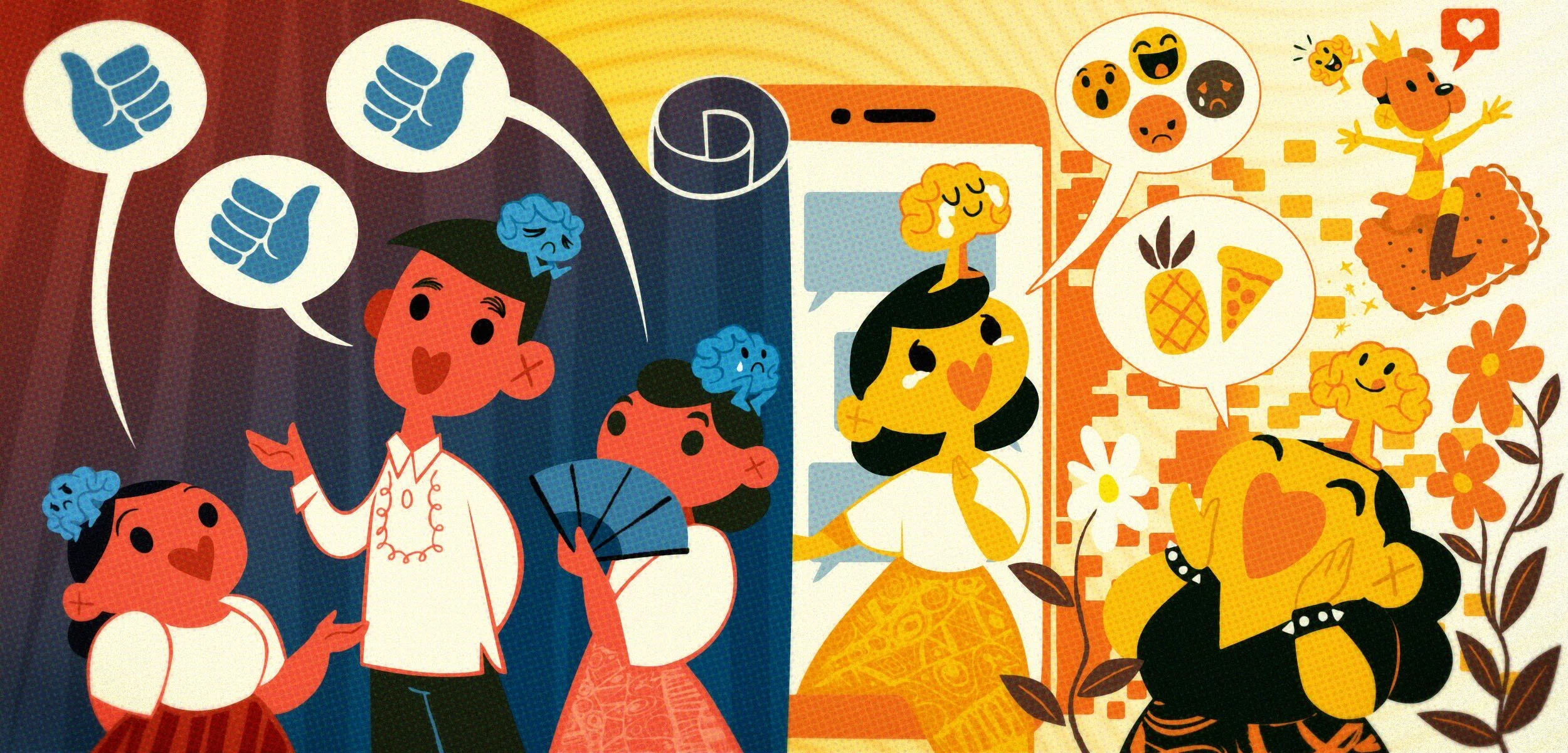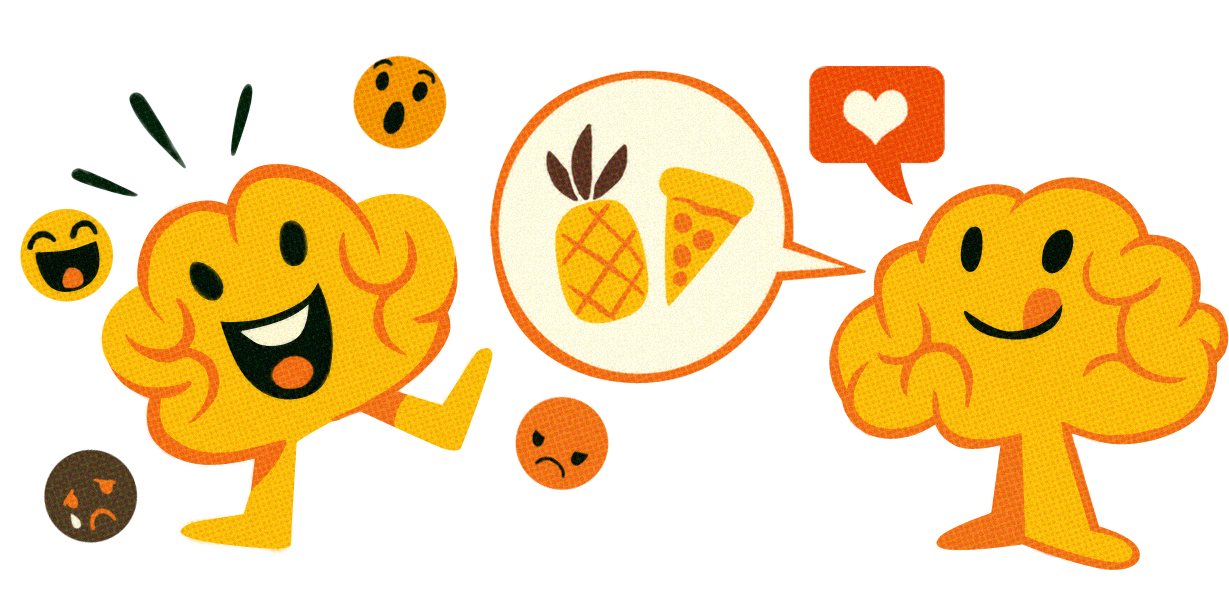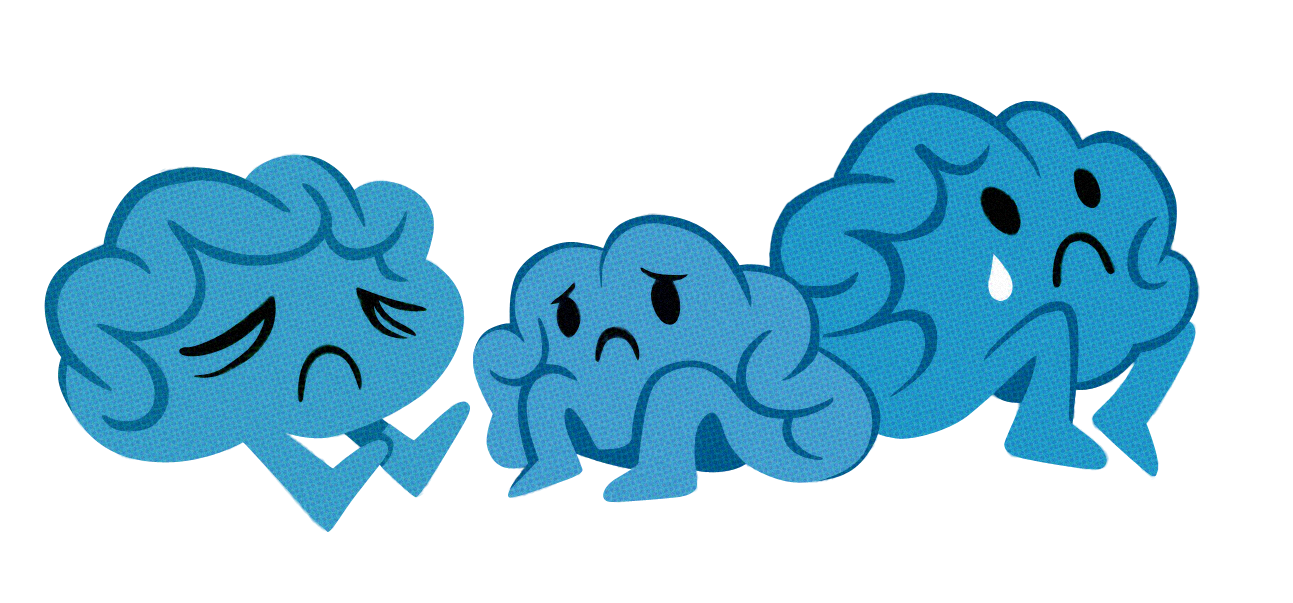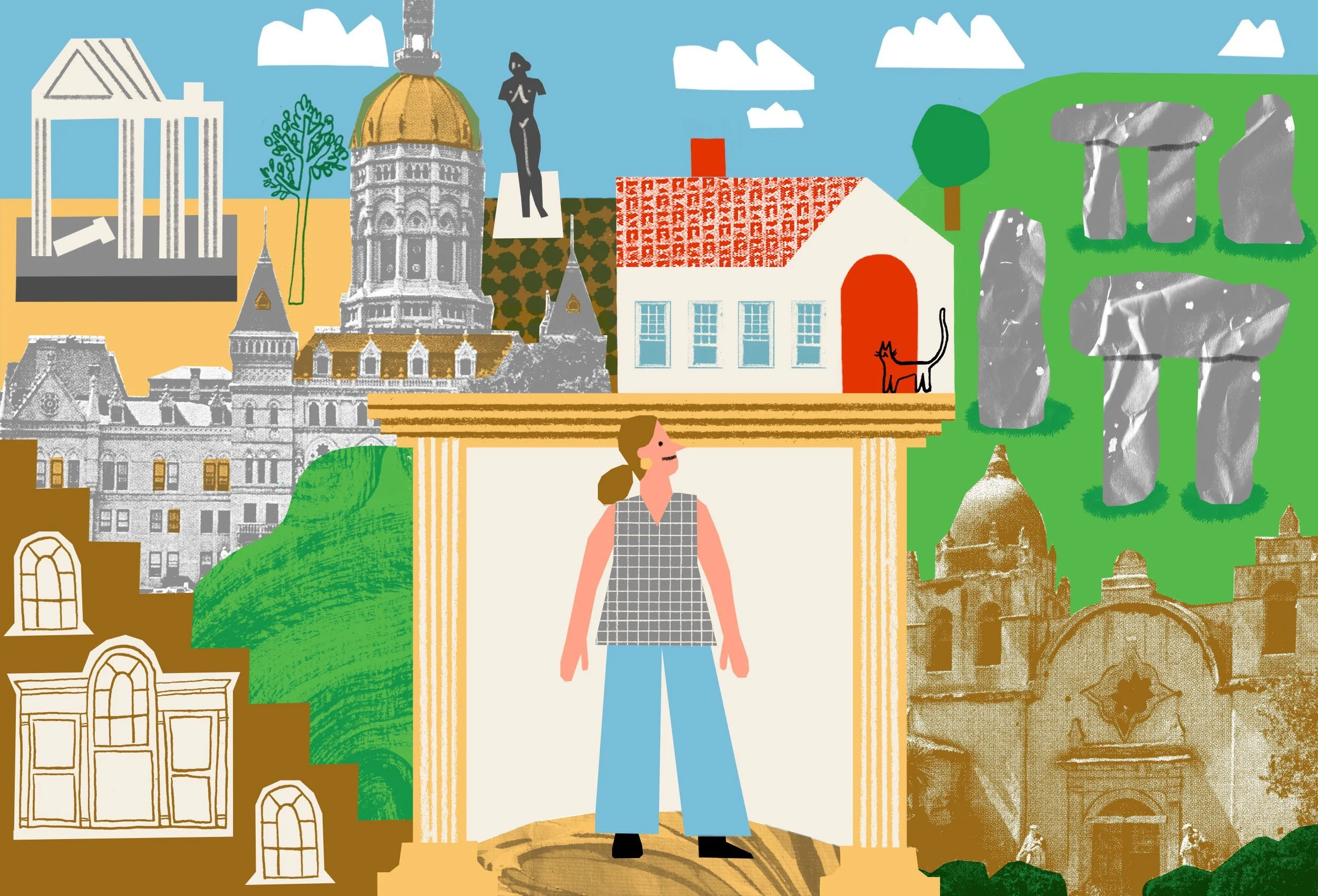Novelty: an antidote for existential crisis
Illustrations by Kenny Tai
Much like a Victoria's Secret sale, my existential crisis is also semi-annual. No rhyme. No reason. Just the sudden realization that I no longer want any of the things I've been working so hard to get.
Grappling with the whole "what the heck am I doing with my life" dilemma is a universal experience. We've all walked a life path that rewarded our commitment with an abrupt dead-end or brought us to a destination that looked better on a postcard. So we do what any sane person would do: We fantasize about blowing it all to smithereens.
Downward spiral aside, taking regular inventory of your relationships, career, and overall happiness is a healthy practice. But a little (or a lot) of dissatisfaction doesn't mean you need to overhaul your entire life.
You just need to do something new.
The need for novelty
In scientific terms, novelty is anything your brain has yet to form a memory of. While we don't need science to tell us that trying the latest TikTok snack or listening to Beyoncé's new country album makes life more interesting, researchers claim that fresh experiences are as essential to our well-being as connection and autonomy.
A 2019 study determined that novelty is a basic psychological need, meaning our mental health kinda depends on it. Without new experiences to keep us active and engaged, we grow bored and more prone to loneliness, anxiety, and depressive symptoms. Just like we need routine to keep us grounded, we need novelty to push us forward.
"Doing new things can act almost like a workout for our brain," says Avigail Lev, a San Francisco therapist. "[It trains] us to be more adaptable, building a flexible mind and what psychologists call 'psychological flexibility.' When we have psychological flexibility, we're driven less by thoughts, feelings, and sensations, and we have more space to choose our actions.”
Lev added, "Instead of engaging in emotionally driven behaviors, we have more capacity to tolerate and regulate difficult emotions."
Sound like a life hack for pulling yourself out of an existential crisis? That's because it is. But creating breathing room in your brain isn't the only mental perk novelty will grant you. It also:
Improves long-term memory
Releases dopamine
Decreases stress, anxiety, and depression
Enhances creativity
Increases intrinsic motivation
Promotes active decision-making
And slows down time – or at least your perception of it
With all the good stuff novelty has to offer, you'd think we'd be jumping at every opportunity to try something new. But Lev says our brains are more wired to seek out familiarity because we subconsciously believe it'll protect us against potential threats. The only way to rewrite that default setting – and change the fear-based mindsets that keep us stuck – is to repeatedly take new action.
"The best novelty goes against our brain," Lev says. "Because there's no changing a belief without first changing the behavior."
How to create more novelty
Novelty-seeking requires a conscious effort – which is the last thing you want to hear when you're questioning your entire existence from the cold bathroom floor. But if you're willing to push past your limbic system, the effort doesn't have to be big or even in person. Therapist Sophie Cress argues that while new experiences IRL can't be replicated, virtual novelty is a solid first step.
"Virtual interactions provide a safe and convenient way to explore interests, connect with like-minded people, and learn new skills without the pressure of in-person interactions," she says. "Online experiences can complement and enhance our lives, but they should be viewed as a stepping stone rather than a substitute for real-world engagement."
Cress recommends choosing activities that both stimulate your mind and create the potential for new social connections, such as:
Listening to your Spotify Discovered playlist for curated new music suggestions
Joining a virtual book club or virtual cooking class through platforms like Cozymeal
Helping people practice a new language (or learning a new language yourself) through apps like Tandem or HelloTalk
Trying out a new workout challenge on YouTube
Playing online multiplayer games with friends or strangers through platforms like Steam
Don't drop everything and move to Bali just yet. Focus on incorporating small doses of novelty into your daily routine and watch how the answer to "what the heck am I doing with my life" becomes a little more clear.
Emily Blackwood is a freelance journalist based in San Diego. She’s too much of a commitment-phobe to pick a beat, and a big fan of the em dash and the cowboy emoji.
your contribution is tax-deductible
KEEP EXPLORING:




